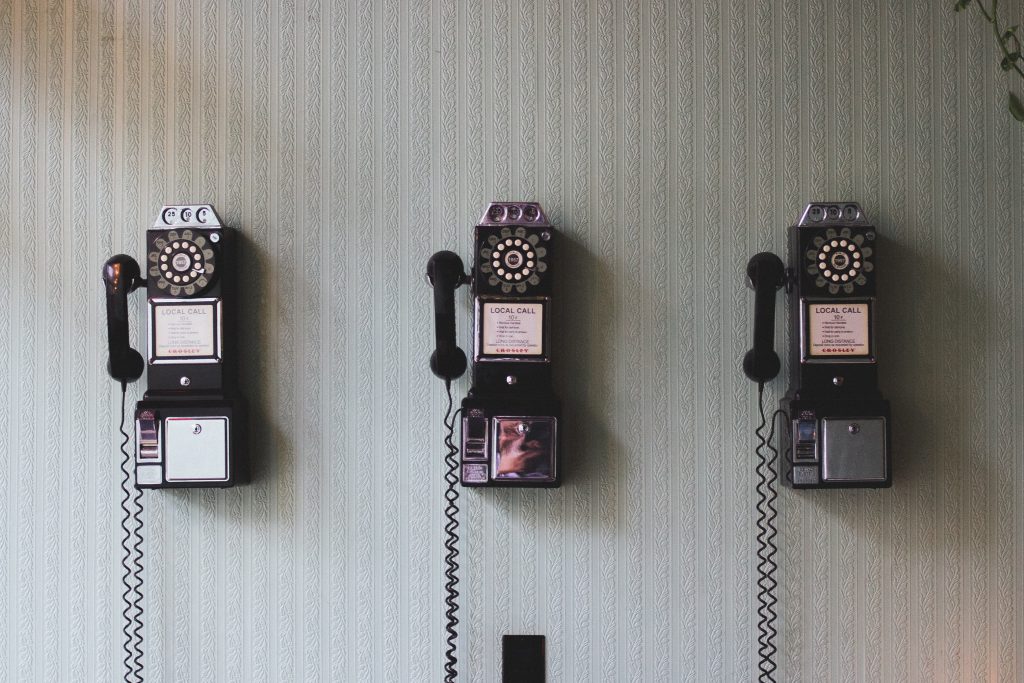
My client needed to find a new job as she had been made redundant. But she had lost her confidence. It was really holding her back. In her previous job she felt she couldn’t make her own decisions or act autonomously. And she didn’t know how to be more assertive. She’d got into the habit of falling back, staying quiet.
So she was hesitant about applying for new jobs. Although she had a good idea want she wanted to move on to, she didn’t know if she’d be able to sell herself. And she was scared of ending up in the same situation, with an overbearing manager, micro-managing her every move and criticising her.
This resulted in her going for jobs which didn’t match up to her level of experience or pay expectations. She felt that staying small would make things easier for her. But then she felt huge frustration. She knew she was better than this, that she could go for roles that were bigger and better, where she could showcase her skills and experience. And she had financial goals, such as travelling and one day buying a house.
My client worked with me on improving her confidence, which meant shifting the way she saw herself and reflecting on what she had achieved. She listed times she had acted assertively or confidently. She considered other areas of her life apart from work where she was a confident person.
The aim was to shake off the skin of her previous job; let that be in the past. Her new plan was to take bold steps forward: contacting people she wouldn’t have dared of before, writing, making herself more visible.
Ultimately she found a new job where she felt she had a voice and was encouraged to use it. She had worked out what she wanted from a company and her next role, and what she could bring to it. And her she was. She knew that she could do good work and move on confidently.
If you’d like to book a coaching session with me, contact me at LinkedIn or at joaopoku@gmail.com.
Photo by sydney Rae on Unsplash




